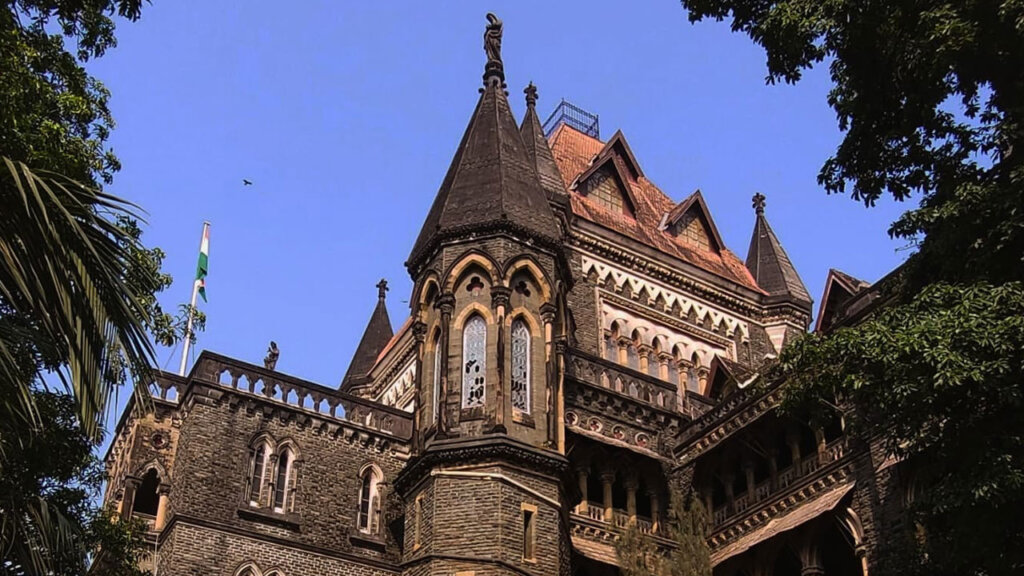The Aryavarth Express
Agency(Bombay): In a pivotal ruling on March 4, the Bombay High Court underscored the necessity for banks and financial institutions to provide substantial justification before declaring an individual or entity a wilful defaulter, as per the guidelines of the Reserve Bank of India’s (RBI) Master Circular. The division bench, comprised of Justices B P Colabawalla and Somasekhar Sundaresan, highlighted the significant repercussions of being categorized as a wilful defaulter, which include being effectively barred from accessing financial services. Consequently, they stressed that the discretion afforded to banks by the RBI’s circular demands cautious application.
The case in question involved a petition from Milind Patel, the former joint managing director of IL&FS Financial Services Limited (IFIN), contesting the Union Bank of India’s decision to label the firm and its promoters as wilful defaulters under the RBI’s 2015 Master Circular. This circular obligates banks and financial institutions to regularly report on wilful defaulters and communicate this information to the Securities and Exchange Board of India (SEBI).
The backdrop of the legal challenge includes a show cause notice issued to IFIN and Patel by Union Bank in July 2022, proposing their designation as wilful defaulters. Subsequently, in February 2023, the bank’s review committee officially declared them as such.
The High Court remarked that the designation of wilful defaulter triggers severe penalties and restricts the individual or entity’s future financial opportunities. It further pointed out that the RBI’s circular emphasizes the necessity for a clear and fair process, to prevent the misuse of these punitive measures. Moreover, the court stated that evidence of wilful default must undergo thorough examination by the bank to ensure that the decision-making process is neither arbitrary nor unreasonable.
In proceedings capable of imposing significant civil penalties, the court affirmed the right of the accused to a comprehensively reasoned decision. It criticized the final order against Patel and IFIN for merely echoing the original show cause notice, lacking substantial rationale.
Following a court suggestion, Union Bank agreed to retract the wilful defaulter order against Patel and IFIN, resuming proceedings from the point of the show cause notice. The bank also committed to granting Patel complete access to all pertinent documents and materials, marking a significant step towards ensuring procedural fairness and transparency in the banking sector’s handling of wilful default cases.
